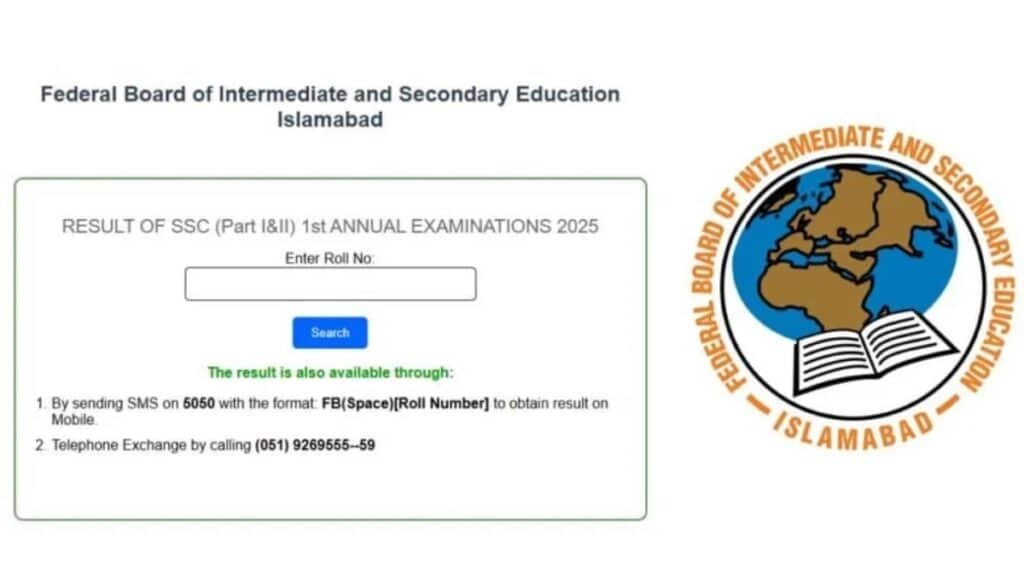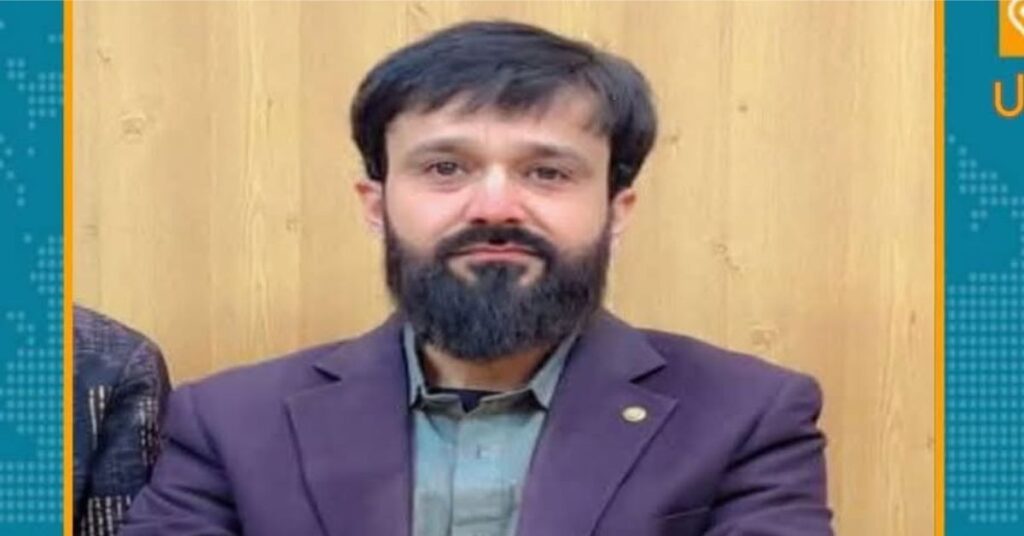ISLAMABAD (Kashmir English): The Federal Board of Intermediate and Secondary Education (FBISE), on Wednesday, officially declared the SSC results for the 2025 annual matriculation examinations. Students across the country can now check their results online, via SMS, or through the official gazette.
A total of 284,037 students appeared for the Secondary School Certificate (SSC) exams this year. According to the board, the overall pass percentage stood at 88.51%, reflecting a strong academic performance by candidates.
How to Check FBISE SSC Results 2025
Students can access their SSC results through multiple options:
-
By entering their roll number or name on the FBISE official website
-
By sending an SMS with their roll number
-
Through the online result gazette uploaded by the board
FBISE also provided direct result links on its result portal, making it easier for students and parents to retrieve scores quickly.
Top Position Holders in SSC Results 2025
The board also released the names of top performers in the SSC results, particularly in the Science Group (Class 10):
-
1st Position: Maryam Nadeem from APS Westridge, Rawalpindi – 1,093 marks
-
2nd Position: Amna Nasir from Lahore Grammar School, Lahore – 1,087 marks
-
3rd Position (tie): Saleha Saqib from Emalah Foundation, Misrial, and Hania Iman Waheed from APS Attock – 1,083 marks
In the humanities group (Class 10):
-
1st Position: Sana Bibi from Shining Star School – 1045 marks
-
2nd Position: Abdul Rehman from the Institute of Islamic Studies – 1029 marks
-
3rd Position: Muhammad Sufyan Ahmed from the Islamic Studies Institute – 1022 marks
These students have been widely praised for their outstanding academic achievement and are expected to inspire many others aiming for top ranks in future SSC examinations.
Notably, no institution under the Federal Directorate of Education (FDE) was able to secure any top positions in either group.
The board appreciated the overall performance of the students and acknowledged the dedication of teachers and schools in maintaining academic standards. However, the absence of FDE institutions among the toppers has raised questions about the quality of public education in the capital.




